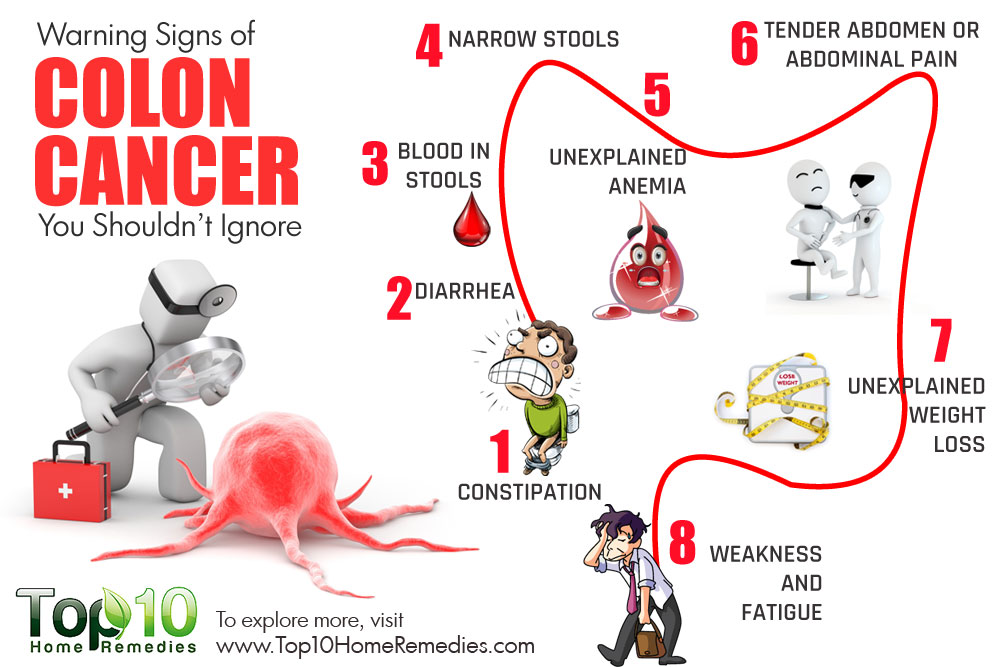COLORECTAL CANCER
In Vietnam, colorectal cancer is the fifth most common cancer, ranking 4th in men and 3rd in women. However, colorectal cancer has a high cure rate when it is detected early.
What is colorectal cancer?
Colorectal cancer is the result of cancer cells that form in the lining of the colon or rectum. These cancers have many things in common and are often referred to together as colorectal cancer.
Colorectal cancer usually begins as a benign tumor known as a polyp (93% from an adenocarcinoma). An adenoma is a type of polyp and is a benign tumor in the lining of the colon or rectum. Most polyps are still benign, but in the long run, some adenomas have the potential to turn into cancer (3-5 years). Therefore, all cases of polyps must be examined for the presence of cancer cells. If the polyps are removed early, then this could potentially prevent cancer.
What is the incidence of colorectal cancer?
According to GLOBOCAN 2020 data, Colorectal cancer is the third most commonly occurring cancer in both sexes and the second most common cause of cancer deaths worldwide.
In Vietnam, colorectal cancer is the fifth most common cancer, ranking 4th in men and 3rd in women, and it is the fifth leading cause of cancer-related deaths in both sexes.
Approximately 16,466 new colorectal cancer (including anal cancer) cases and 8,515 deaths were estimated to occur in 2020.
While those over 50 years of age have seen decreases in CRC incidence over the past decades, people ages 20–49 have seen an increase in CRC incidence.
What are the symptoms of colon cancer?
Most people with colorectal cancer will not know until they are screened. That's because most cases don't have any symptoms. However, people with symptoms may experience:
Constipation
Rectal bleeding
Loose stools or diarrhea
Blood in the stool
Discomfort in the abdomen
Fatigue of unknown cause
Anorexia
Weight loss
Pain in the lower abdomen

What causes cancer?
The exact cause of the cancer is still unknown. However, some factors increase the risk of colorectal cancer.
What are the risk factors for colorectal cancer?
Some of the risk factors for colorectal cancer are out of your control. Risk factors that cannot be controlled are:
Inflammatory bowel disease (IBD including ulcerative colorectal and Crohn's disease)
Colon polyps
Age over 50
Family history of colorectal cancer
History of breast or ovarian cancer
However, there are other risk factors that you can control. The following risk factors can be adjusted:
Eat a diet high in red or processed meat, or eat cooked meats over high heat (i.e., charred, grilled, etc.)
Being overweight or obese
Inadequate exercise
Smoking
Drinking alcohol
How is colorectal cancer diagnosed?
Colorectal cancer symptoms can be confused with other medical conditions, so you should see your doctor if any of these symptoms are suspected.
If colorectal cancer is suspected, your doctor will examine your rectum and order several tests:
X-ray of the colon with contrast
Colonoscopy, with the removal of polyps or biopsy of lesions.
CT scan of the abdominal

What are the stages of colon cancer?
Staging is the process of determining how a tumor has spread beyond its original location. Staging may not be related to the size of the tumor. The decision to treat also depends on the stage of the tumor.
Colorectal cancer is divided into five stages from stages 0, 1, 2, 3, and 4.
How is colorectal cancer treated?
There are main treatments for people with colorectal cancer are as follows:
Surgery: Depending on which stage the tumor is in, it can be removed locally through colonoscopy or surgically removing the colon and rectum with lymphadenectomy through open surgery or laparoscopic surgery. As cancer progresses, surgery is mainly used to remove cancer. In advanced stages, especially in a blockage or when less invasive methods are not possible, open surgery through the skin into the abdominal cavity may be required.
Chemotherapy: Using drugs to kill cancer cells. Chemotherapy is usually given after surgery if cancer has spread to the lymph nodes. In this way, chemotherapy can help reduce the risk of cancer recurrence. Chemotherapy may be used before surgery to shrink a tumor. Chemotherapy may also be prescribed to relieve symptoms of colorectal cancer that has spread to other organs. Currently, targeted treatment is a good "weapon" in cancer treatment.
Radiation therapy uses radiation to kill cancer cells that may remain after surgery. It also shrinks large tumors before surgery, and it makes them easier to remove or at least relieve the pain and symptoms.
Supportive (palliative) treatment: reducing pain and other symptoms to improve the patient's quality of life.
Alternative therapy: Cancer people are often upset, angry, have difficulty concentrating, have trouble sleeping, and have a loss of appetite. Alternative treatments can help redirect the patient's thinking, at least temporarily. Alternative therapies can include therapeutic arts, motion therapy, exercise, meditation, music therapy, relaxation exercises.
How can colorectal cancer be prevented?
A high-fiber diet, adequate sleep, exercise, and body fat control can prevent 45% of colorectal cancer cases.
How is colorectal cancer screened?
Screening is critical because colorectal cancer in its early stages usually doesn't show any symptoms. Screening can detect cancer before it causes symptoms when the chances of it being cured are greatest.
It is recommended that most people aged > 45 years old have a colonoscopy to detect any cancer that may be present in the early stages.
What is the prognosis of colon cancer?
The prognosis for cases in which cancer is not detected until a later stage is significantly worse than the prognosis for cases in which early detection was made. Patients with stage I cancer have a 74% 5-year survival rate, while it drops to 6% for stage IV tumors.
March 26, 2021
HUNG M. DO, MD, Ph.D
